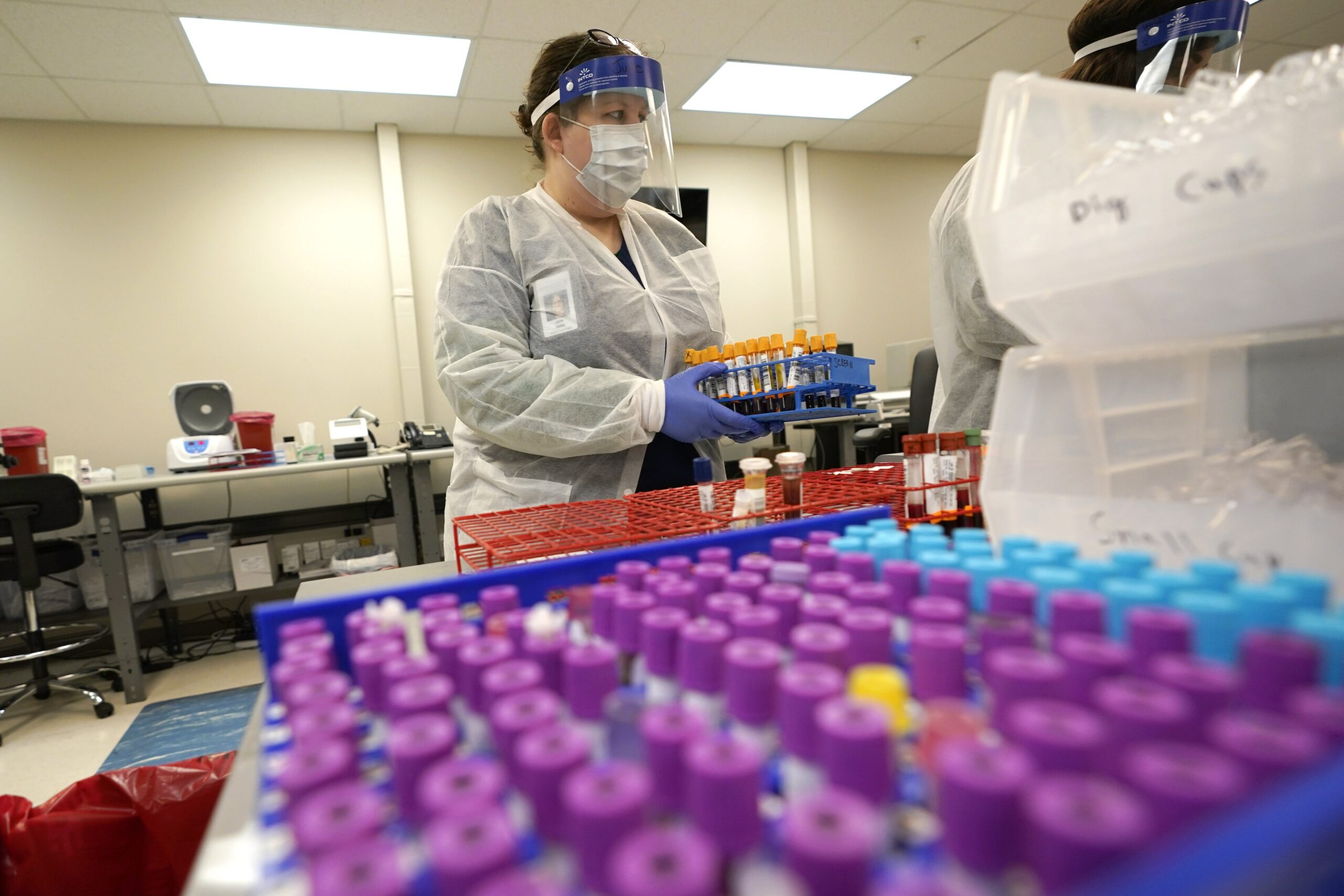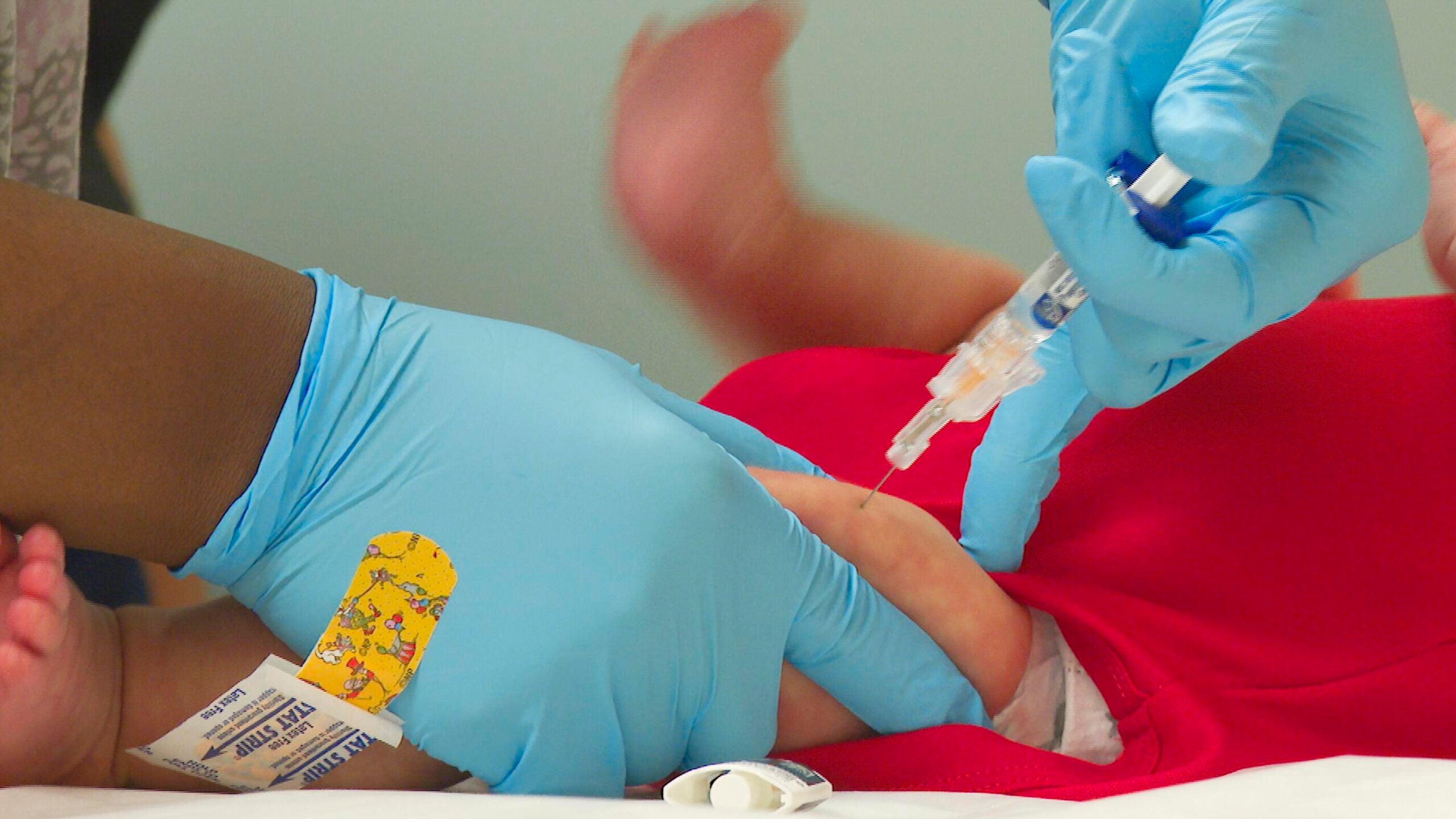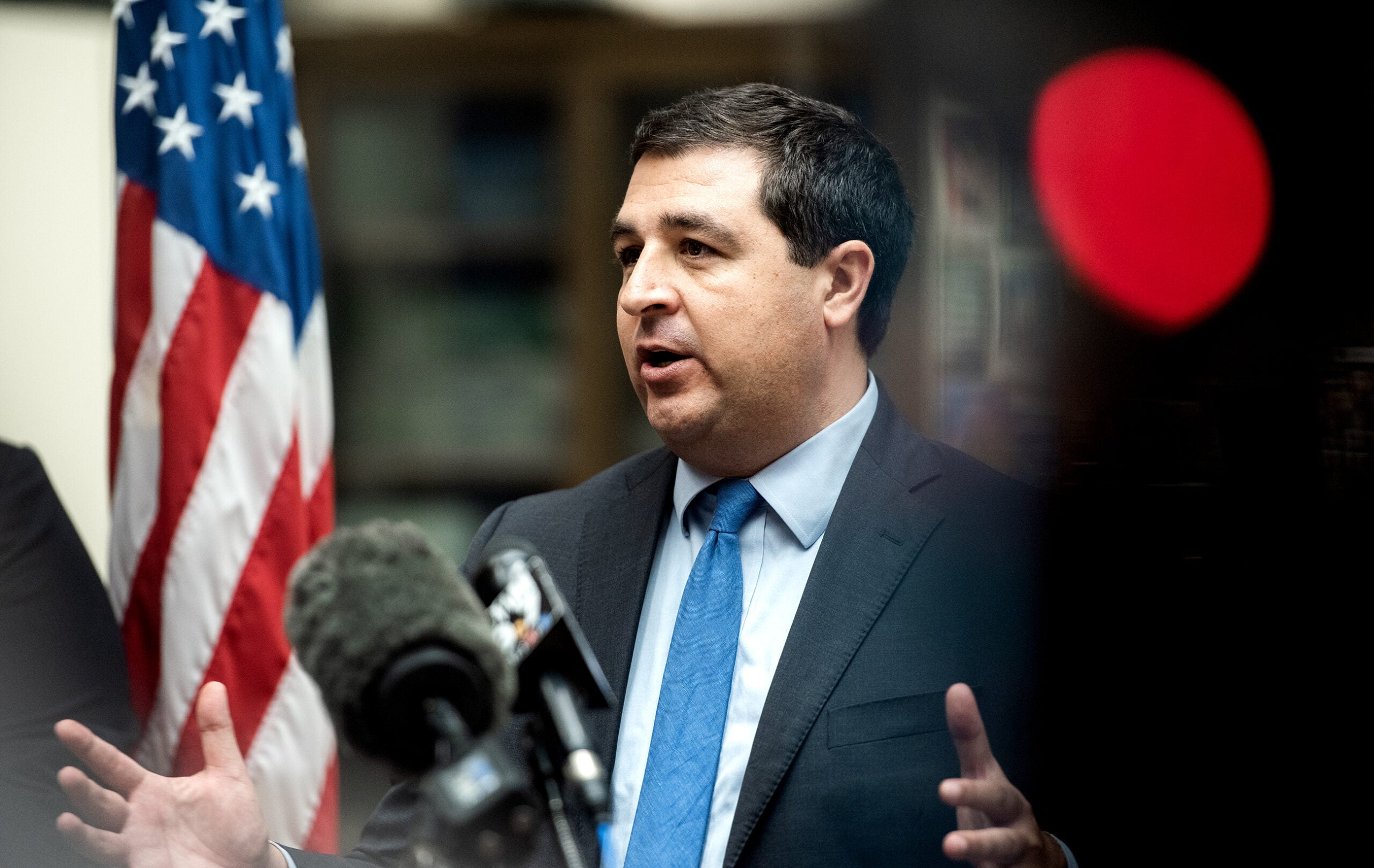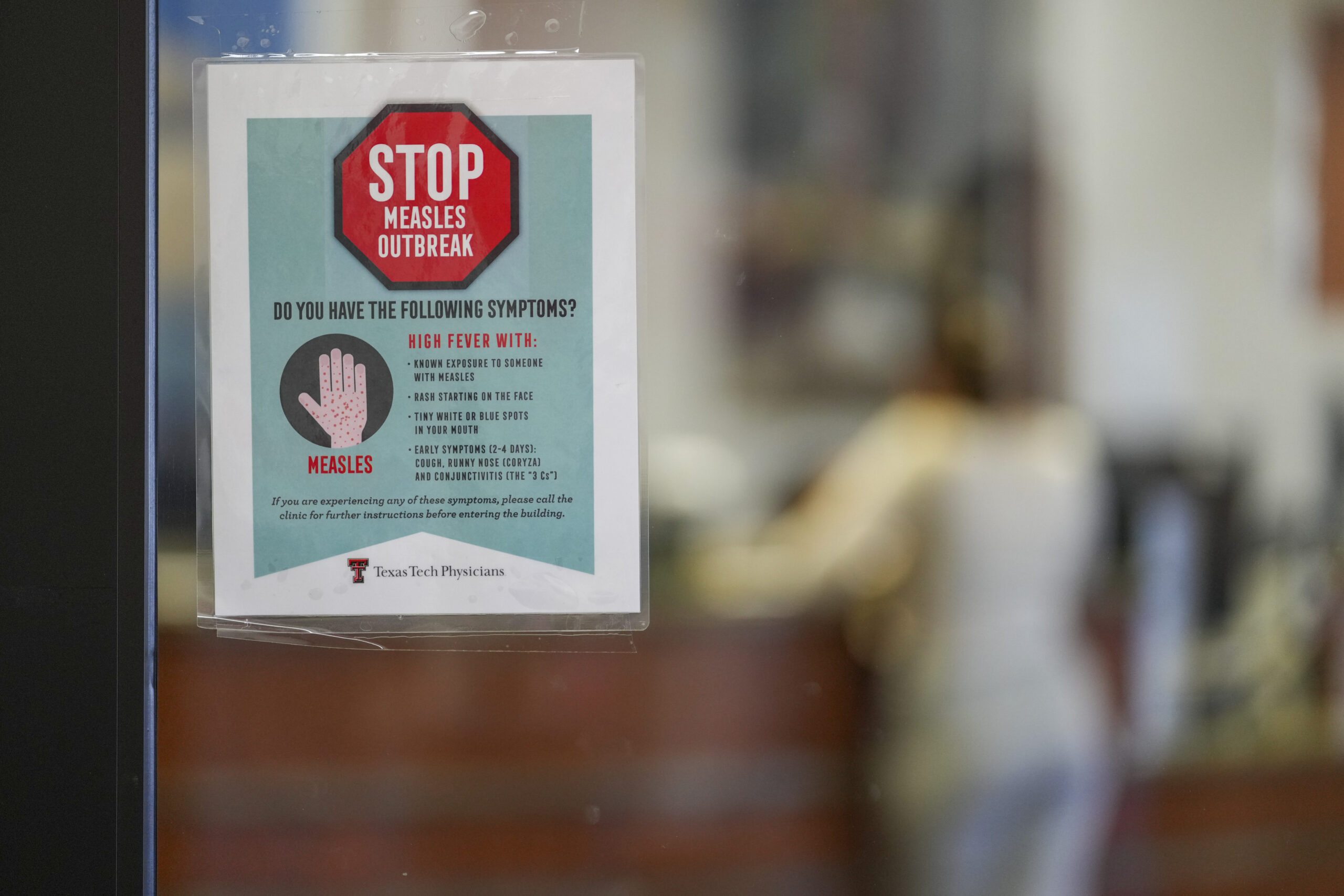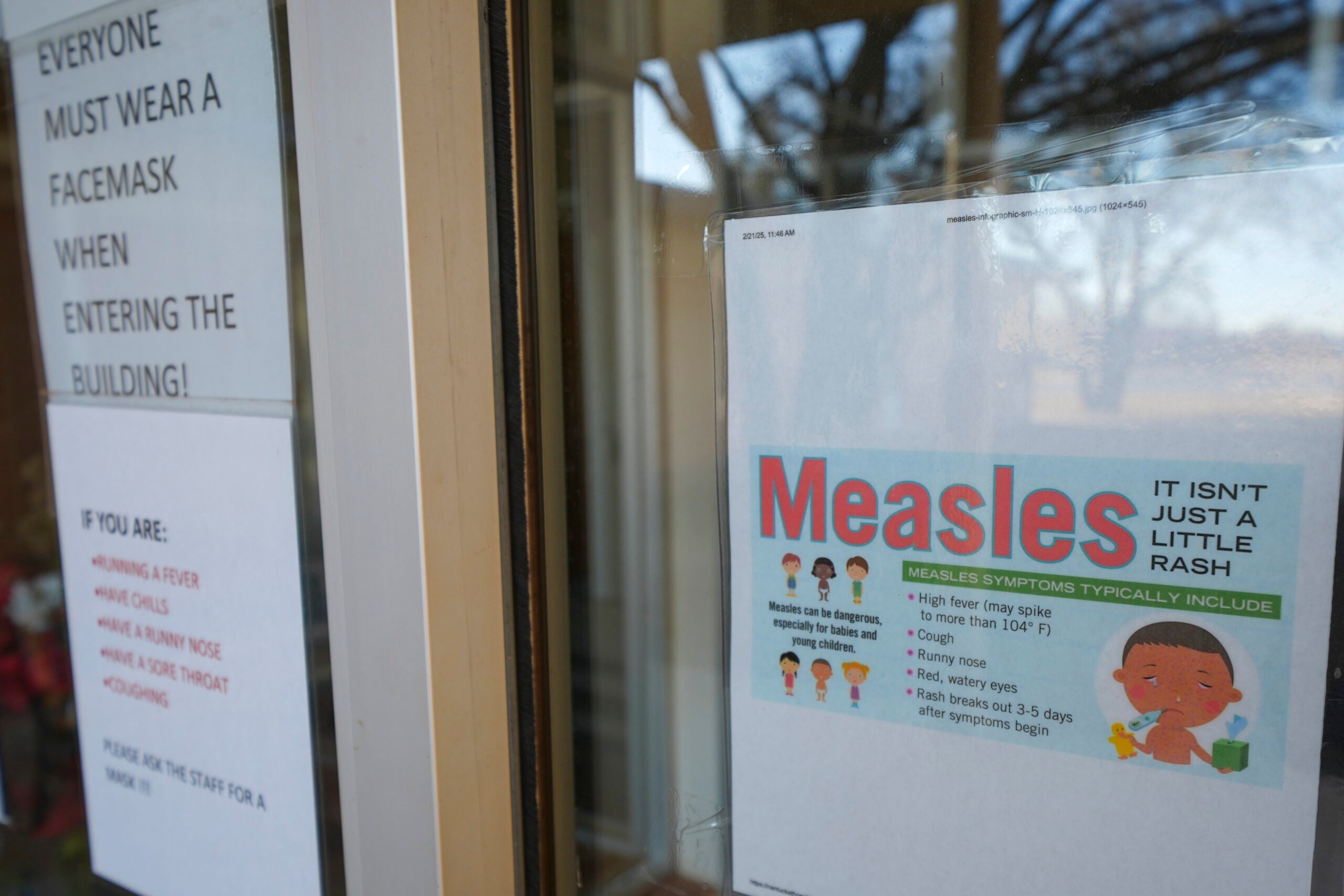The Wisconsin State Laboratory of Hygiene is asking the state’s clinical labs to share information about whether they’re conducting antibody tests for COVID-19. Coronavirus antibody tests are one potential tool to measure whether people might have immunity to the disease.
The tests can help scientists understand if a person has already been exposed to the virus. But there’s been concern over the accuracy of their results after many tests flooded the market without much federal oversight in the weeks since COVID-19 pandemic took hold. The U.S. Food and Drug Administration (FDA) has started to crack down on companies producing tests, telling them they must obtain emergency use authorization and meet certain standards to stay on the market.
The state hygiene lab just began requesting data on antibody tests last week from the Wisconsin Clinical Lab Network, which consists of roughly 130 labs. About 80 of those labs do infectious disease testing, said Allen Bateman, assistant director of the hygiene lab’s Communicable Disease Division.
News with a little more humanity
WPR’s “Wisconsin Today” newsletter keeps you connected to the state you love without feeling overwhelmed. No paywall. No agenda. No corporate filter.
The lab is seeking to obtain a weekly snapshot of how many anitbody tests are being conducted and the number of positive tests. But Bateman cautioned that the tests are just one of several methods being used to gauge the prevalence of the coronavirus in the population.
“With these different approaches and different types of studies, we’re hoping to get the best snapshot possible of the percent of people who have antibodies to this virus,” said Bateman.
Dr. Ryan Westergaard, chief medical officer and state epidemiologist with the Wisconsin Department of Health Services, said Monday in a conference call with reporters that the tests are useful for providing evidence of those who have been exposed to the virus in the past.
“The biggest role for those right now is really as a public health tool for us to understand what percentage of people in this community or in the whole state have been infected in the past,” said Westergaard. “We’re looking into ways to use those tests strategically to answer those questions.”
Westergaard said the usefulness of antibody tests are limited right now, but they’re becoming more available and reliable at telling when someone is exposed.
Bateman said labs he’s heard from so far are all using antibody tests that have received FDA emergency use authorization, which means their results are more likely to be accurate than those without authorization. However, even tests that are 99 percent accurate can produce false positives for antibodies when very few people have been exposed to the virus. As the number of people exposed or the prevalence of the virus grows, the tests are more likely to be more accurate.
“That whole situation is why using antibody tests currently for determining if someone is immune or not, or able to go back to work or not, is really not recommended,” said Bateman.
However, Bateman said the results of antibody tests can still be useful for tracking antibody levels in people over time who have been infected with coronavirus. Those levels can help determine which people are potential candidates for plasma donations to help treat others who have been exposed.
The tests can also help determine how many people in a given area in a given time have antibodies to protect against the virus.
UW Health in Madison has conducted more than 2,000 antibody tests on providers and staff since April 30 using the Abbott test, which has been deemed highly accurate by researchers. Dr. Jeff Pothof, chief quality officer for UW Health, said the tests are helping them better understand the prevalence of COVID-19 among their employees.
“The reason that’s important is if there is a delay to a vaccine or a delay to an adequate treatment, the next thing that helps us make good decisions about how far we can loosen restrictions or be less careful about our interventions around COVID-19 is this concept of herd immunity,” said Pothof.
If a large percentage of workers were already exposed to the virus, then Pothof said one could assume there may be some protection from getting the virus again. The presence of antibodies among people would also indicate it may be more difficult for the virus to spread.
But, he noted research around the virus is still progressing. Scientists warn the presence of antibodies doesn’t necessarily mean someone is 100 percent protected from getting the virus again or how long that protection might last.
“Even if you test positive, that doesn’t mean that you get a ‘get out of jail free’ card because we don’t know if you have immunity,” said Dr. Pothof.
Still, Pothof said the antibody tests could be helpful for determining which people remain susceptible to the virus, as well as those who may have been exposed but were unable to be tested due to testing shortages. UW Health hopes to begin conducting antibody tests on the public within the coming weeks.
Wisconsin Public Radio, © Copyright 2025, Board of Regents of the University of Wisconsin System and Wisconsin Educational Communications Board.

